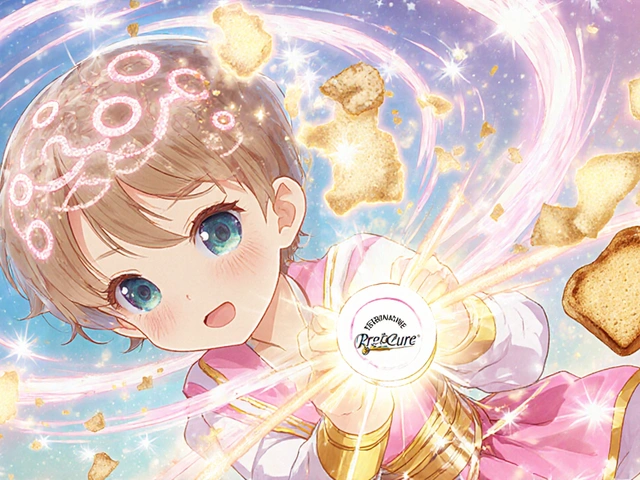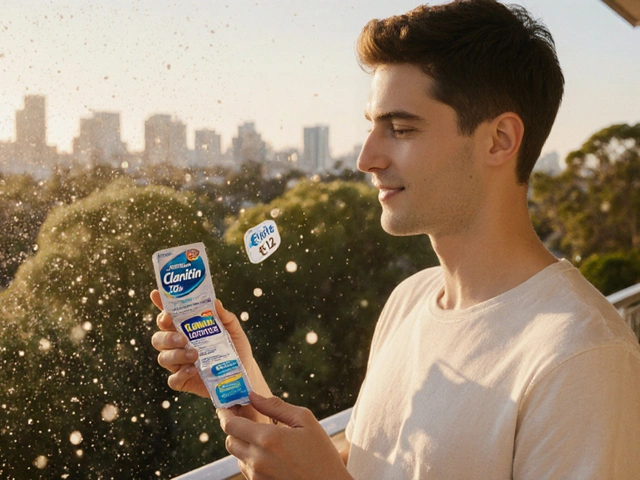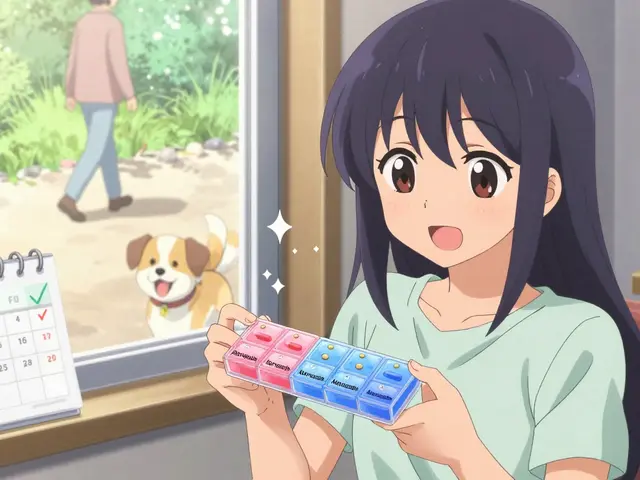Detoxification: What Actually Works—and What Doesn’t
Most "detox" products sell a promise: flush toxins fast. The reality? Your liver and kidneys do the heavy lifting every day. No fancy juice, pill, or herbal mix beats good medical care, smart habits, and a clear plan when you need real detox from drugs or poisons.
Let’s separate two things: daily support for your body's cleanup systems, and medical detox when a substance causes dangerous withdrawal or poisoning. The first is about lifestyle and safety. The second can be life-saving and needs trained clinicians and monitoring.
When you need medical detox
Seek medical detox for alcohol, benzodiazepines, or severe opioid withdrawal, or if you suspect poisoning. Dangerous signs include seizures, severe tremors, confusion, chest pain, fainting, high fever, or jaundice (yellow skin/eyes). If you or someone else has these, call emergency services.
Medical detox often involves monitoring vital signs, IV fluids, lab tests (liver enzymes, kidney function, electrolytes), and medications to control withdrawal symptoms. Don’t try to stop heavy drinking or certain prescriptions on your own—doing so can cause seizures or worse. Ask a clinician about safe tapering plans and medicines that ease withdrawal.
Safe ways to support natural detox systems
Start with a quick checklist a clinician will like: review all medications and supplements, run basic labs (LFTs, creatinine), and rule out interactions. After that, these steps help your body process and remove waste:
- Hydrate sensibly. Water helps kidneys clear waste. You don’t need extreme amounts—aim for steady clear urine unless a doctor advises otherwise.
- Eat whole foods. Fiber (vegetables, whole grains, beans) helps bind and remove some toxins through the gut. Protein supports liver repair—include lean sources or plant proteins.
- Cut alcohol and avoid recreational drugs. Alcohol stresses the liver and sets back any detox effort.
- Sleep and move. Regular sleep and moderate exercise improve metabolism and liver function. Even brisk 20–30 minute walks help circulation and digestion.
- Be cautious with supplements and herbs. Few supplements truly "detox". Some, like tansy, can be toxic—always check safety and dosing. Tell your clinician about everything you take so they can spot risks and interactions.
- Avoid home "flushes" and aggressive cleanses. Extreme fasting, very low-calorie cleanses, or high-dose herbal blends can cause electrolyte imbalance, dehydration, or liver injury.
- If heavy metals or long-term chemical exposure are a concern, get proper testing. Treatments like chelation are medical procedures with risks and should only be done under specialist care.
If you're unsure whether you need medical detox or just want to support your health, call your doctor or a pharmacist. A short clinic visit can save you weeks of unsafe trial-and-error. Your body already knows how to detox—give it the right support and professional backup when it matters most.
Unlock the Power of Calcium D-Glucarate: The Ultimate Dietary Supplement for Health
Calcium D-Glucarate is more than just a supplement; it's a powerful ally in supporting your body's natural detoxification process. This compound can play a crucial role in eliminating toxins and excess hormones, promoting a healthier lifestyle. Understanding how it works and incorporating it into your routine can elevate your wellness journey. Discover practical tips on usage and benefits in this comprehensive article.
About
Nutrition and Supplements
Latest Posts


Tansy Safe Dosage: Benefits, Risks, and Toxicity Explained for Everyday Use
By Marcel Kornblum Apr 29, 2025

Contraceptive Patch, Ring, and IUD: Safety and Risks Compared
By Marcel Kornblum Jan 9, 2026

Buy Cheap Generic Claritin Online - Safe, Fast & Affordable
By Marcel Kornblum Oct 5, 2025

